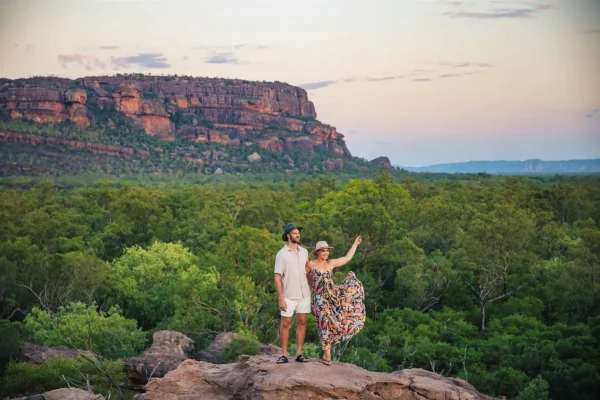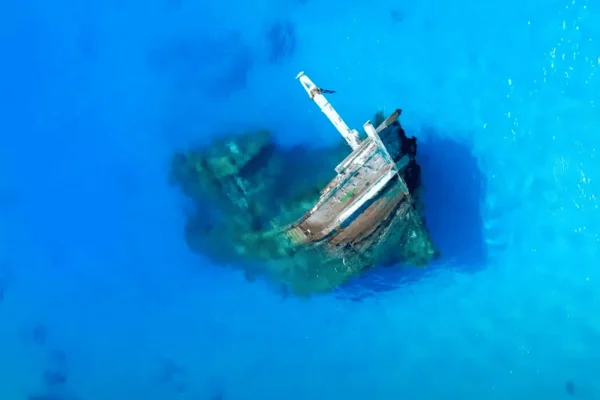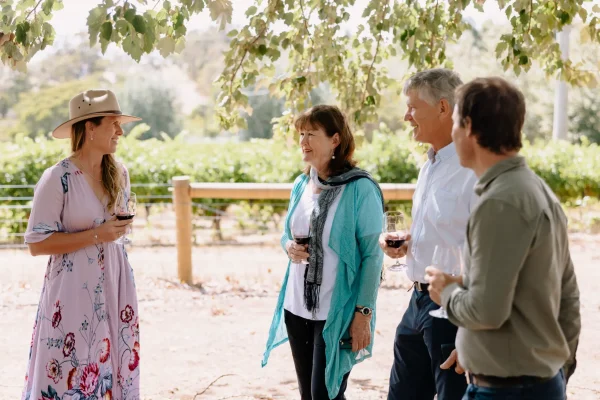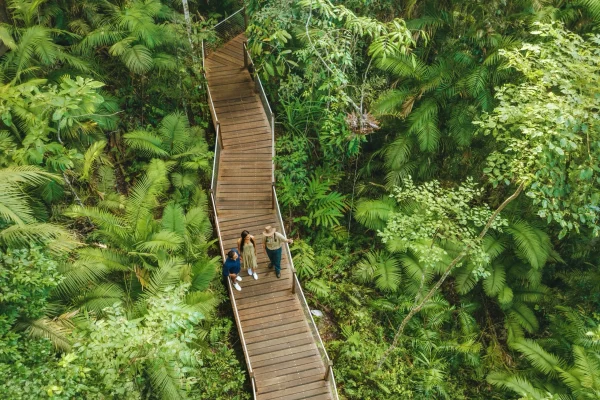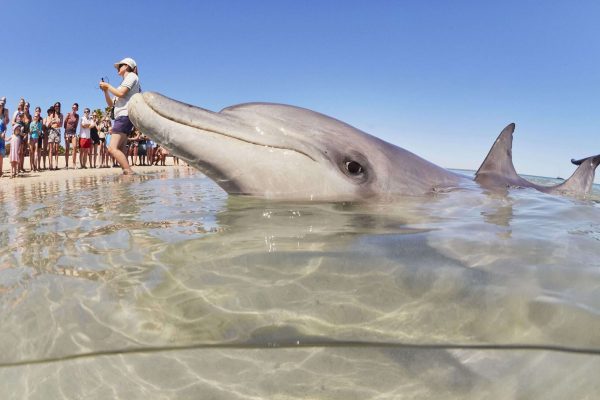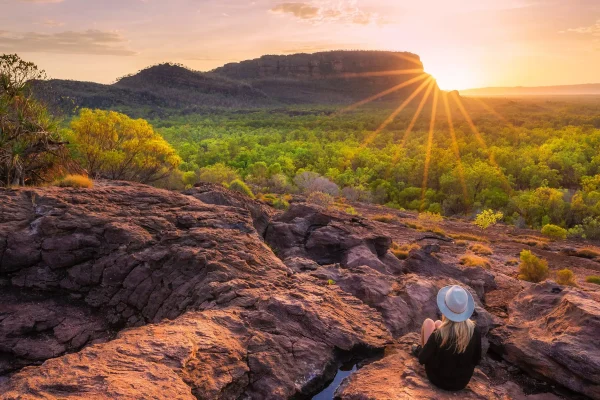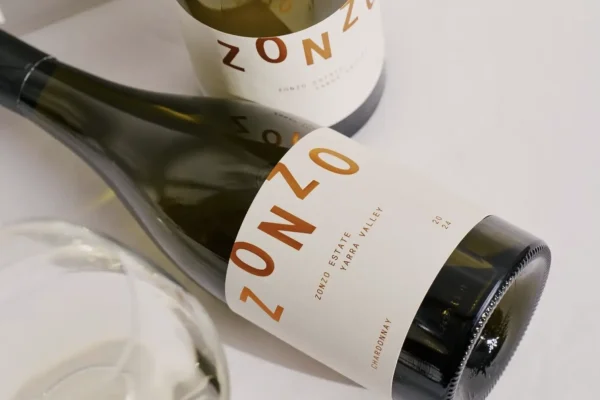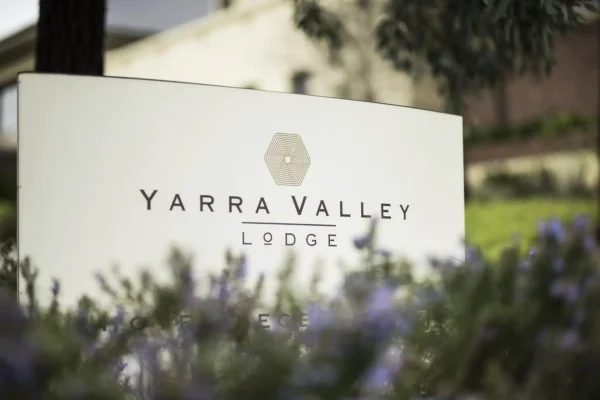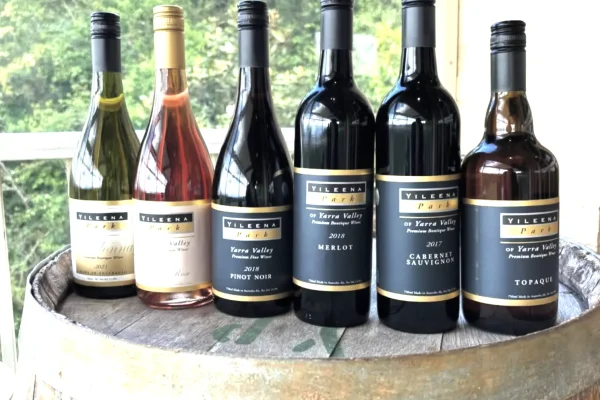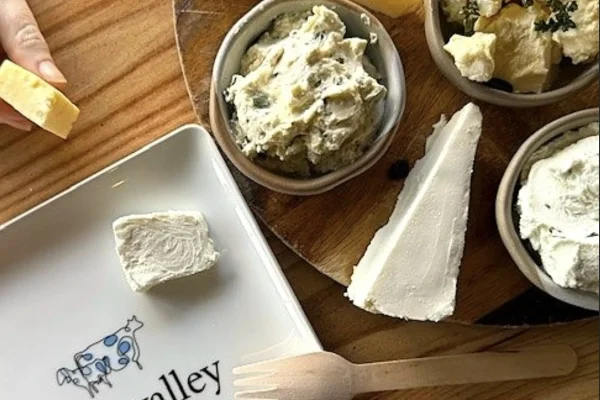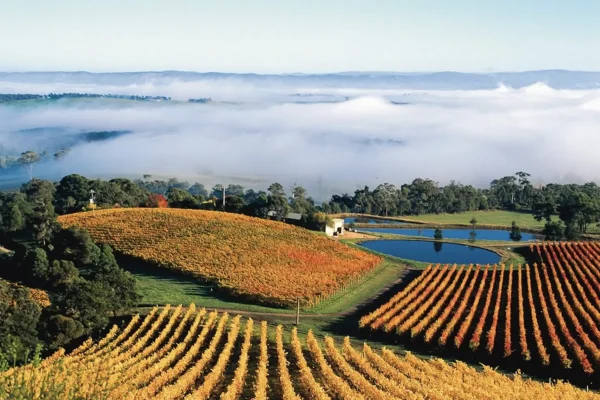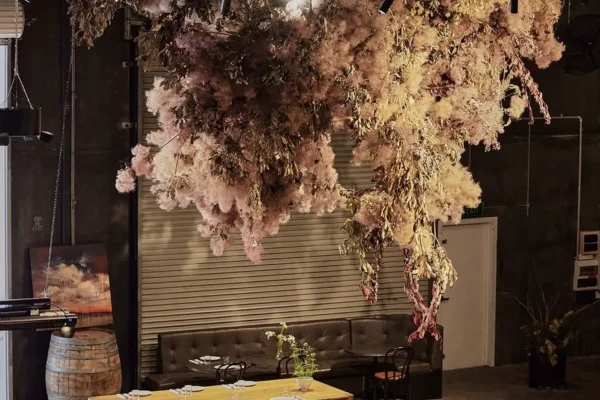In South West Victoria, Budj Bim National Park is a special place where nature and culture come together. This park is part of the Great Ocean Road experience and has ancient volcanoes, rich Indigenous history and diverse ecosystems. A UNESCO World Heritage Site, Budj Bim offers visitors the chance to see one of the oldest aquaculture systems in the world, explore breathtaking lava caves and learn about the region’s deep connection to the Gunditjmara Traditional Owners. Whether you’re a history buff, nature lover or adventure seeker, Budj Bim has a journey of discovery and inspiration waiting for you.
Where Culture Meets Nature
Managed by Parks Victoria in partnership with the Gunditjmara Traditional Owners, Budj Bim is Victoria’s first co-managed national park. This partnership is about reconciliation and respect. It means the cultural values, native wildlife, and natural landscapes of the park are protected, and our partnership is long-lasting. It means the cultural values, native wildlife and natural landscapes of the park are protected, and our partnerships are long-term and equitable.erm and equitable. From the towering volcanic rock formations to the intricate lava canals that were once aquaculture channels, Budj Bim gives visitors the chance to connect with a landscape that has been home to humans for thousands of years.
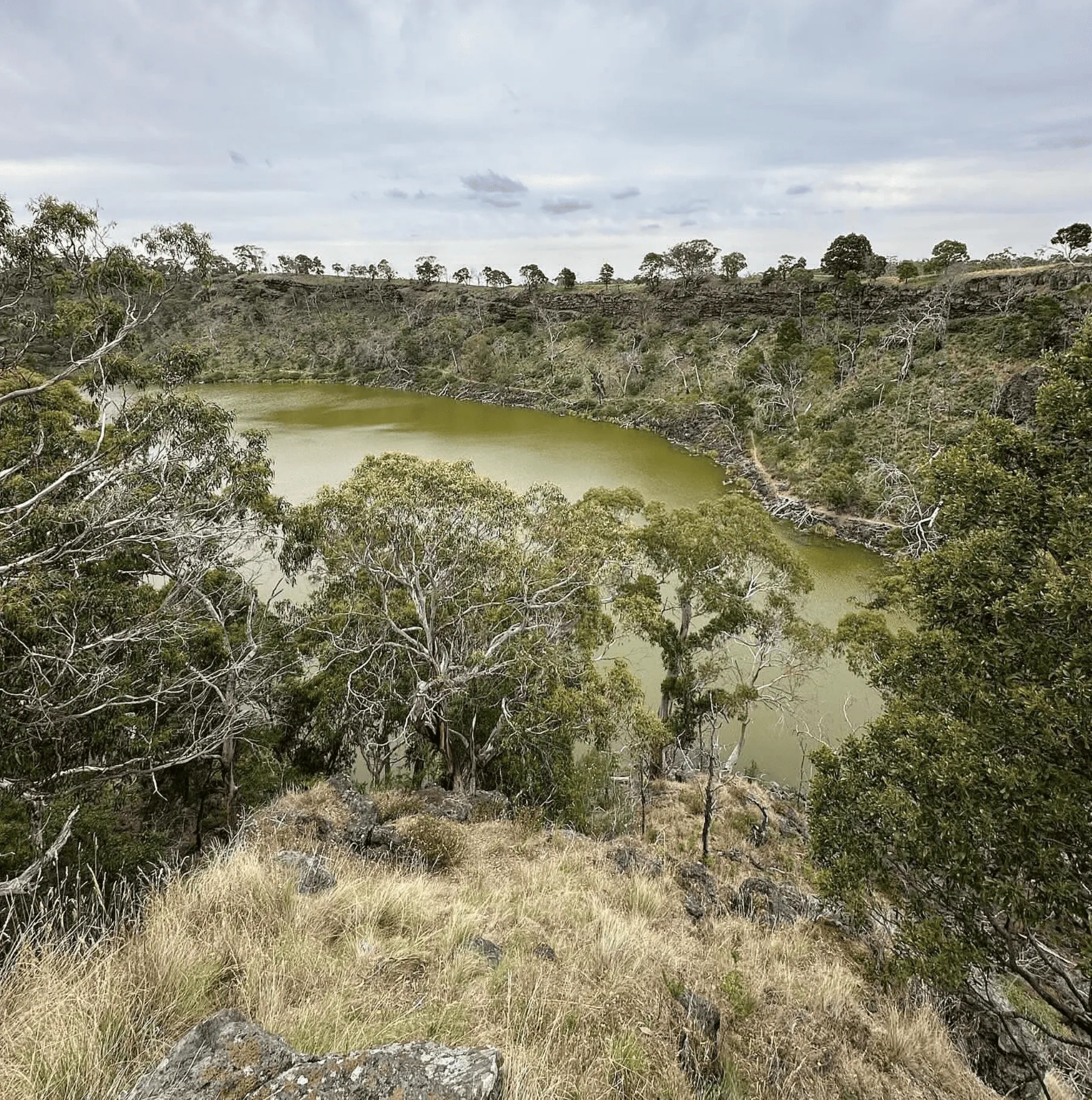
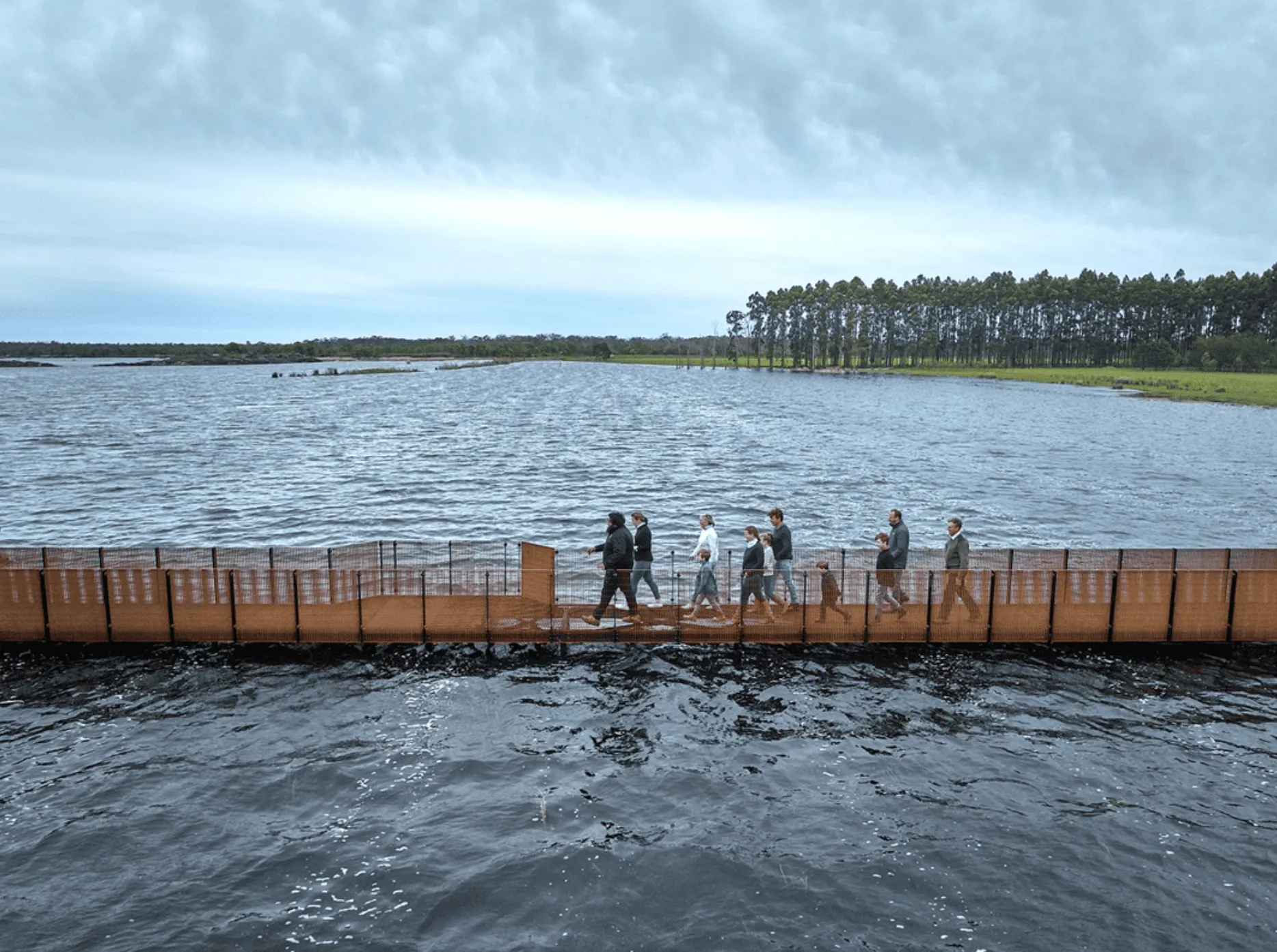
An Ancient Legacy
Budj Bim’s story starts over 30,000 years ago when the dormant volcano, Mount Eccles, erupted and created lava flows and crater lakes. But the park’s most remarkable history is its connection to the Gunditjmara people, who cleverly adapted the landscape to create one of the world’s oldest and most complex aquaculture systems. These systems, which include stone channels and weirs, were used to trap and harvest short-finned eels, providing a stable food source and supporting large communities. Sites like Lake Condah and the Lake Condah Mission show the ingenuity and resilience of the Gunditjmara people. Budj Bim is a Budj Bim Cultural Landscape and offers a unique window into Australia’s ancient past and the ongoing legacy of its Indigenous people.
How to Get There
Getting to Budj Bim is an adventure in itself. 300km from Melbourne, there are several ways to get here. The most popular is the Princes Highway, which takes you through some nice towns like Port Fairy and Warrnambool. Or you can take the Great Ocean Road and go through Apollo Bay, Cape Otway and the Twelve Apostles. This road trip gets you to Budj Bim and also shows you the rugged beauty of Victoria’s southwest coast, with stops at seaside towns and famous surf beaches like Bells Beach and Johanna Beach. Many people also combine this trip with a 12 Apostles Tour Melbourne, so you make the most of the drive.
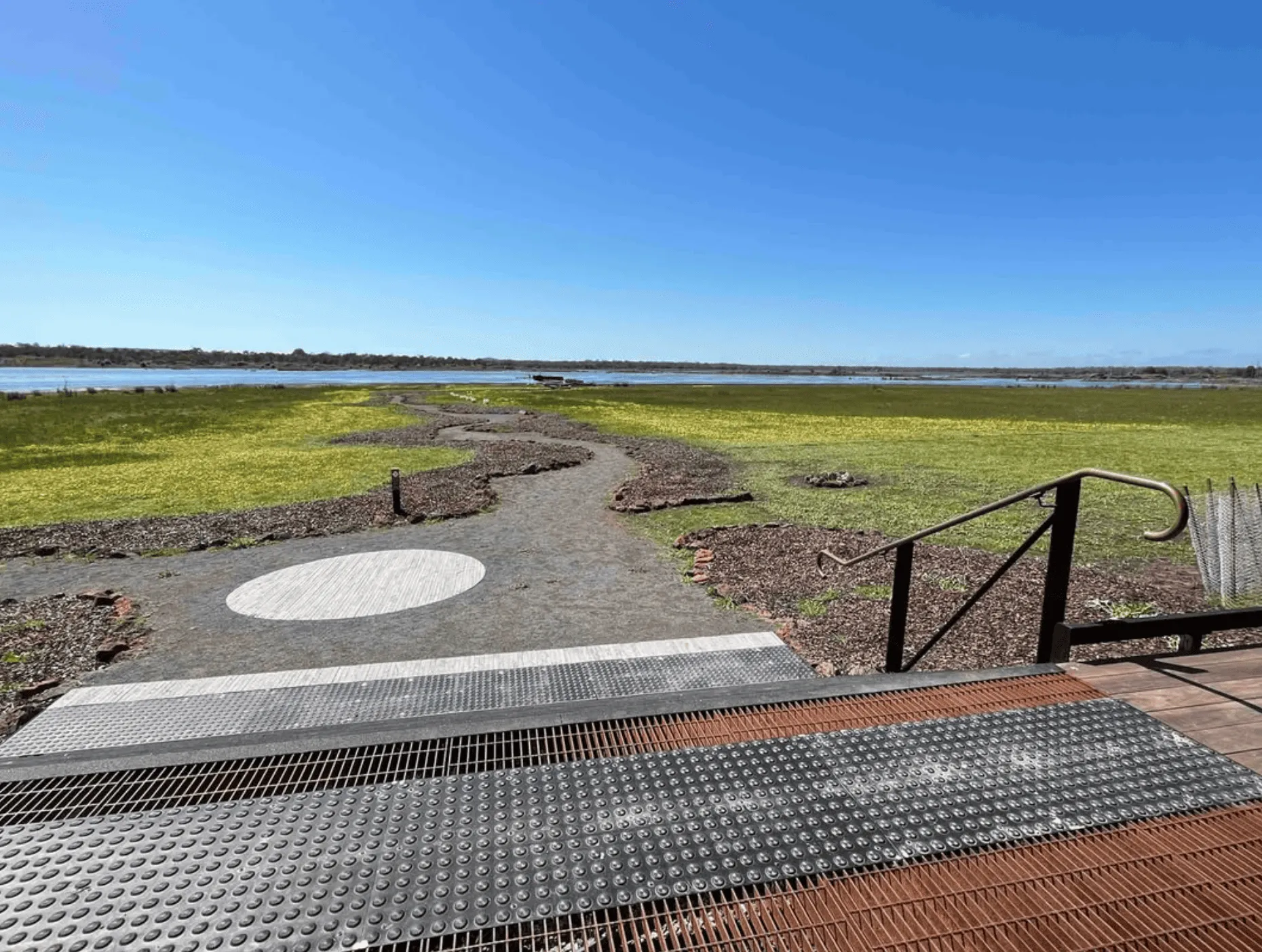
Best Time to Visit
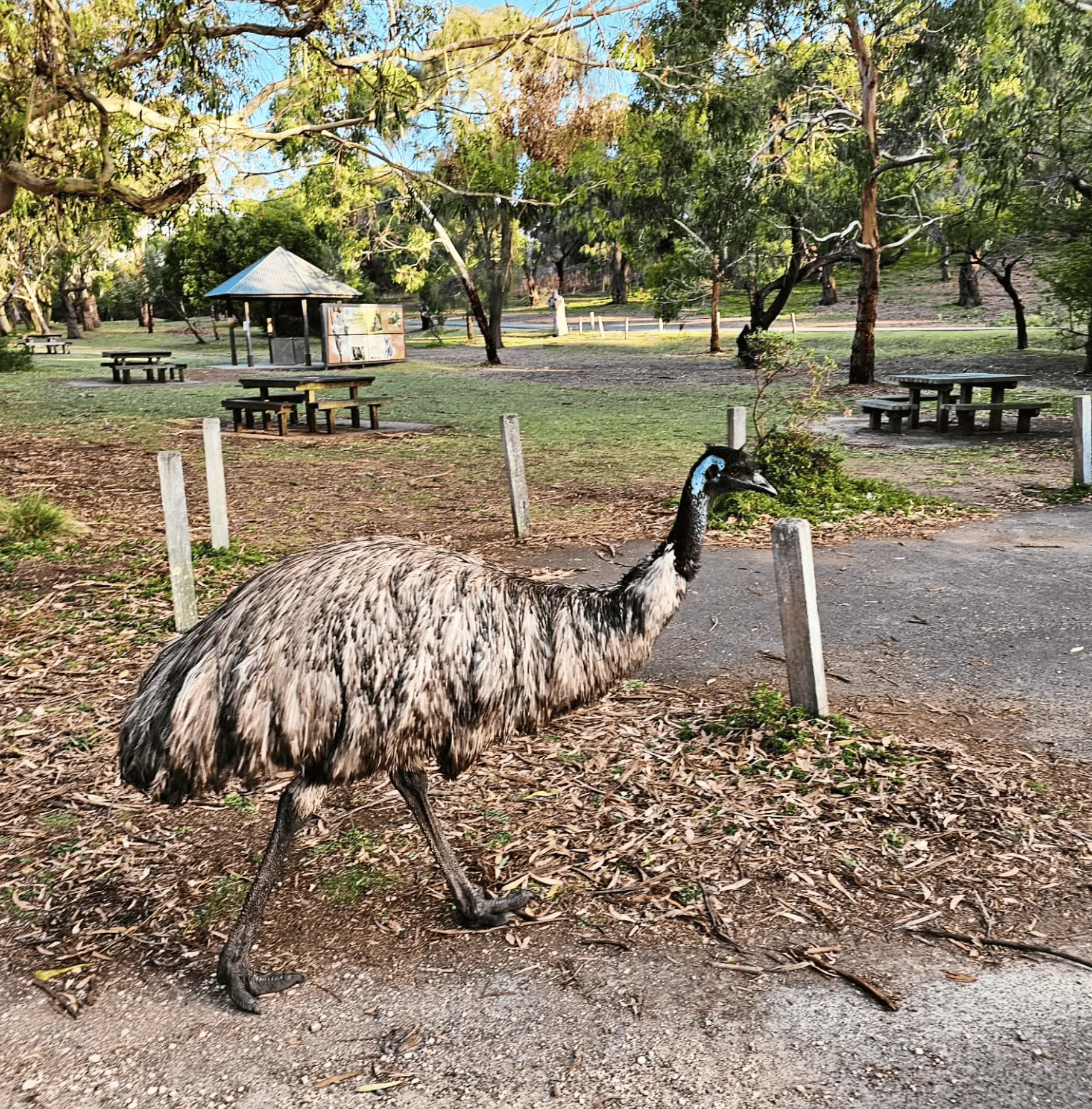
Things to Do in the Area
Budj Bim has something for everyone. Whether you like hiking, wildlife, or just taking it all in, there’s plenty to see. Guided tours give you a deeper insight into the cultural and natural history of the area, and self-guided walks let you do your own thing. Outside of the park, the Great Ocean Road and Tower Hill Reserve add to the adventure.
Budj Bim – High Head
The park’s namesake, Budj Bim, means “High Head” and refers to the extinct volcano that formed the landscape. This volcano has some of the best views in the region, from the crater rim to the Southern Ocean. A walk to the top gives you a unique perspective on the park’s geology and cultural significance, with signs interpreting the role of Budj Bim in the lives of the Gunditjmara Traditional Owners.
The Lava Cave
Lake Surprise & Crater Rim Walk
Camping
If you want to get amongst the beauty of Budj Bim the camping is the way to go. Campgrounds are well kept and have all the amenities you need to spend the night under the stars. The peacefulness and proximity to the main attractions of the park make camping a real treat.
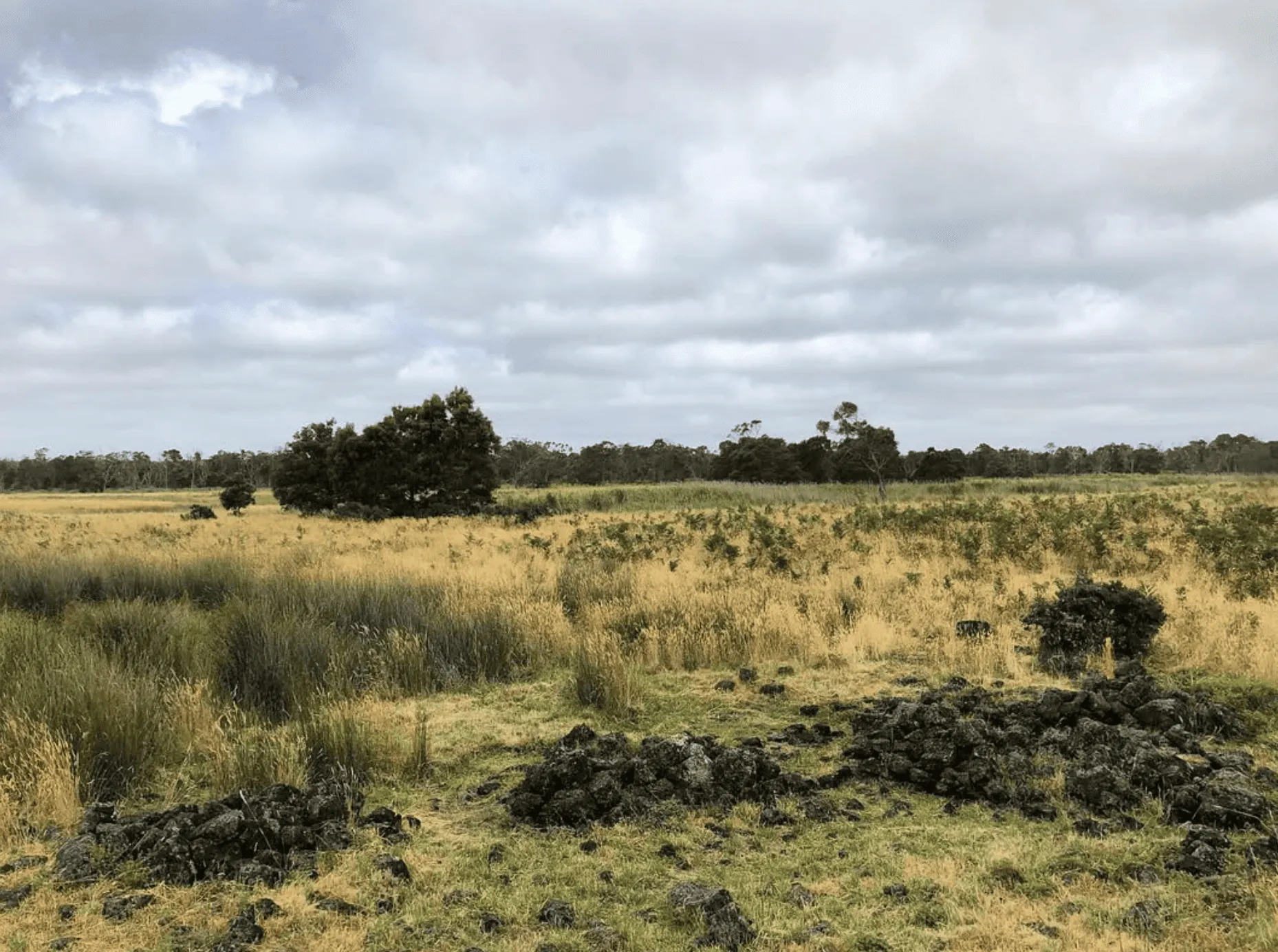
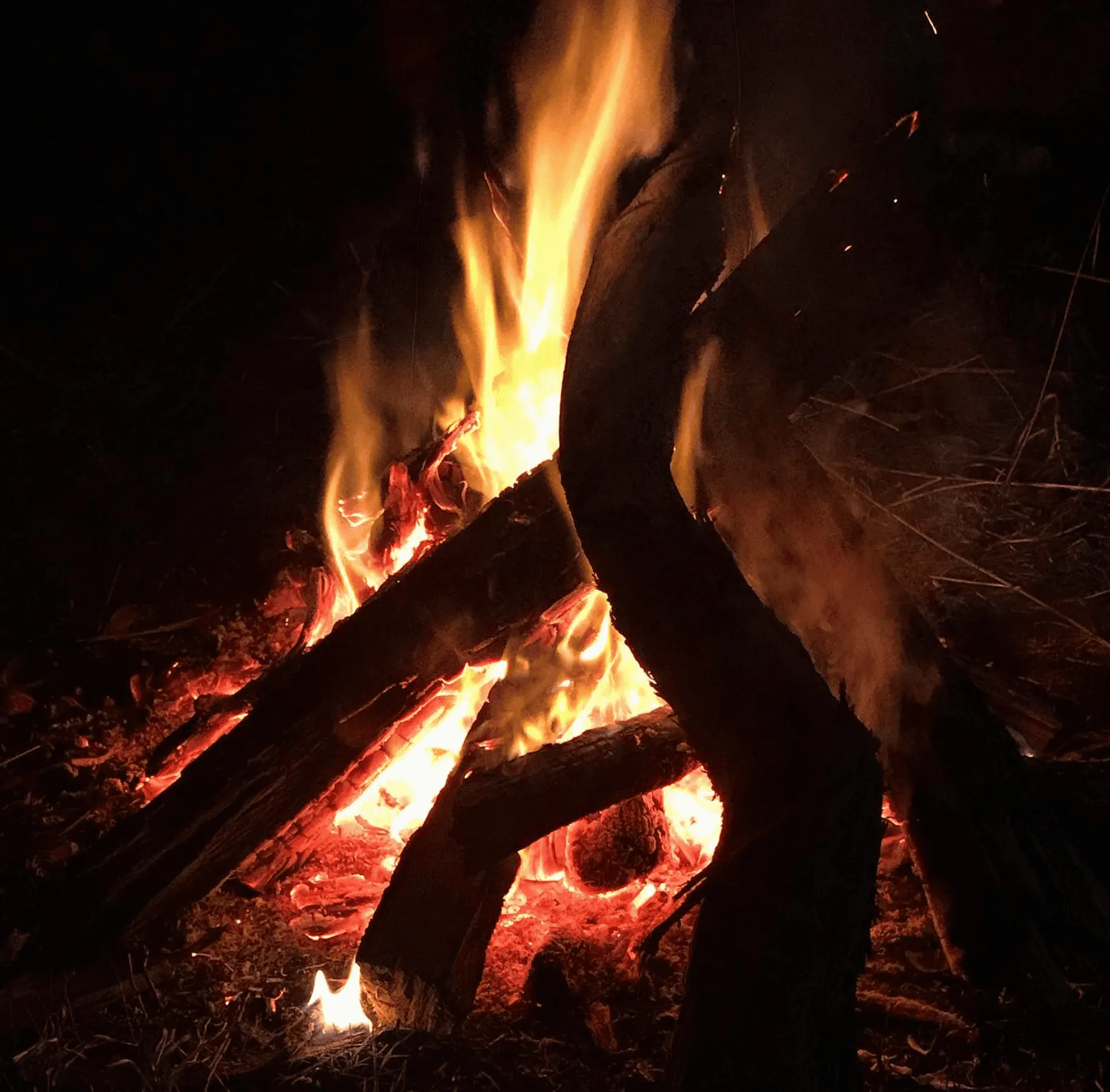
Picnic & BBQ Areas
Budj Bim has many picnic and BBQ areas that are perfect for outdoor dining. Whether you’re having a quiet lunch with family or hosting a bigger group, these spots have everything you need for a relaxing meal in the great outdoors. Located near popular attractions like Lake Surprise and the Lava Canal Walk, the areas have BBQs, picnic tables and plenty of space.
Many visitors use these facilities to stay a bit longer in the park and combine a meal with some exploration. The BBQ areas are also great hubs for group activities – storytelling and games – all set against the beautiful backdrop of Budj Bim’s volcanic landscapes.
Mountain Bike & 4WD Tracks
For the adventurous and outdoorsy types, Budj Bim has a mountain bike and 4WD tracks that crisscross the park. These tracks offer a more extreme way to experience the park, from the smooth roads around Lake Condah to the rough tracks through the volcanic rock fields.
Mountain bikers will love the ups and downs of the park and the varied terrain, while 4WDers can get to more remote areas and see some of Budj Bim’s hidden secrets. Along the way, you’ll see green hills, lava flows, and even the Southern Ocean. These tracks are not just about the ride but about discovering new parts of Budj Bim’s amazing landscape.
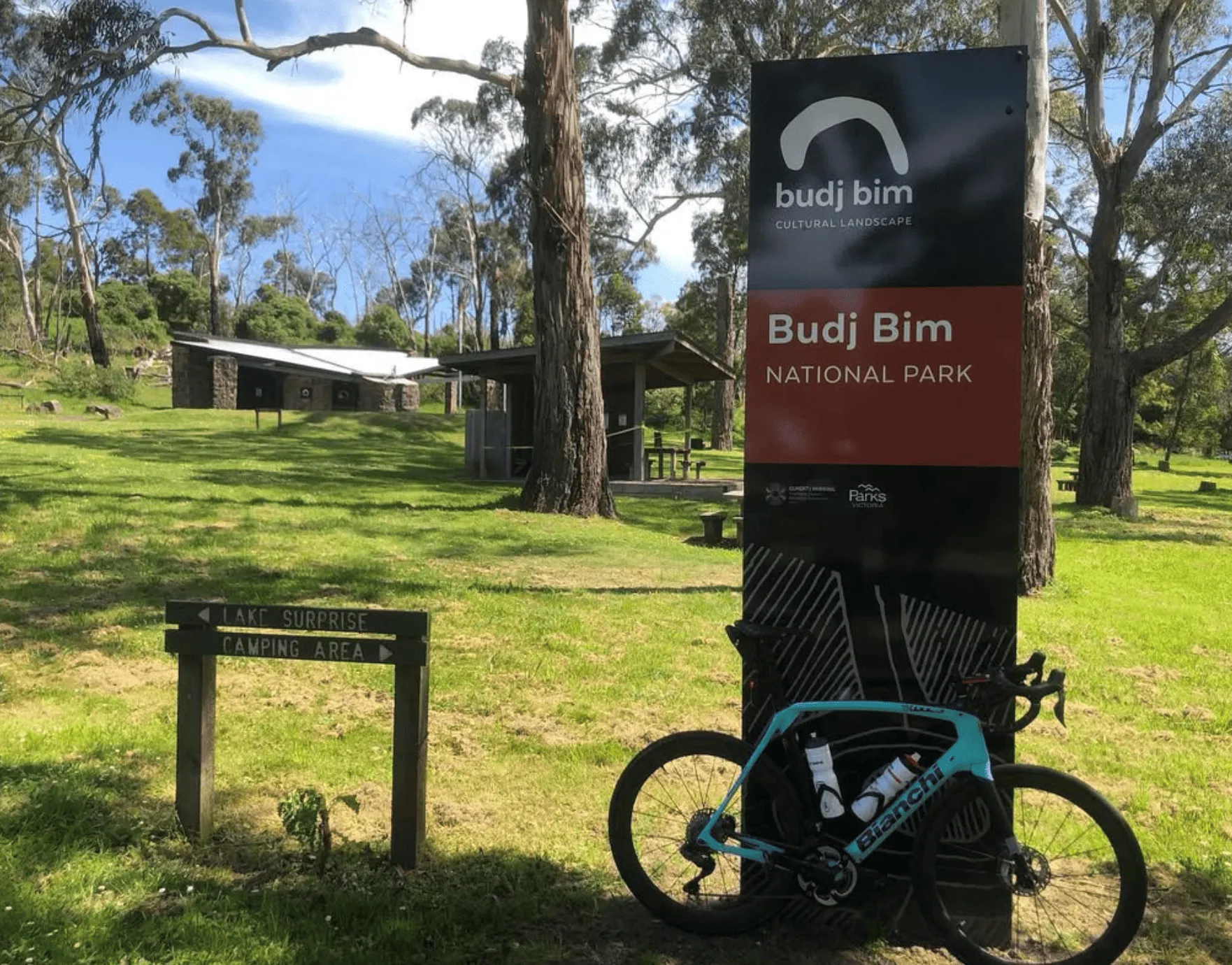
FAQ
What’s so special about Budj Bim National Park?
Budj Bim is the only place where you can see ancient volcanic landscapes and culturally significant aquaculture systems developed by the Gunditjmara Traditional Owners. It’s also Victoria’s first co-managed national park, where Indigenous communities and Parks Victoria work together.
What can I do at Budj Bim?
Hiking, camping, lava caves, guided tours and more. Mountain bike and 4WD tracks for the adventurous.
Is it suitable for family outings?
Yes, there are picnic and BBQ areas with tables and grills, family-friendly walking tracks and educational opportunities.
How do I get to Budj Bim National Park?
Budj Bim is on the Princes Highway or Great Ocean Road. Nearby towns are Port Fairy, Apollo Bay and Port Campbell.
When should I visit Budj Bim?
While the park is stunning year-round, spring and autumn offer mild weather and vibrant scenery, making them the most popular seasons for visitors.

